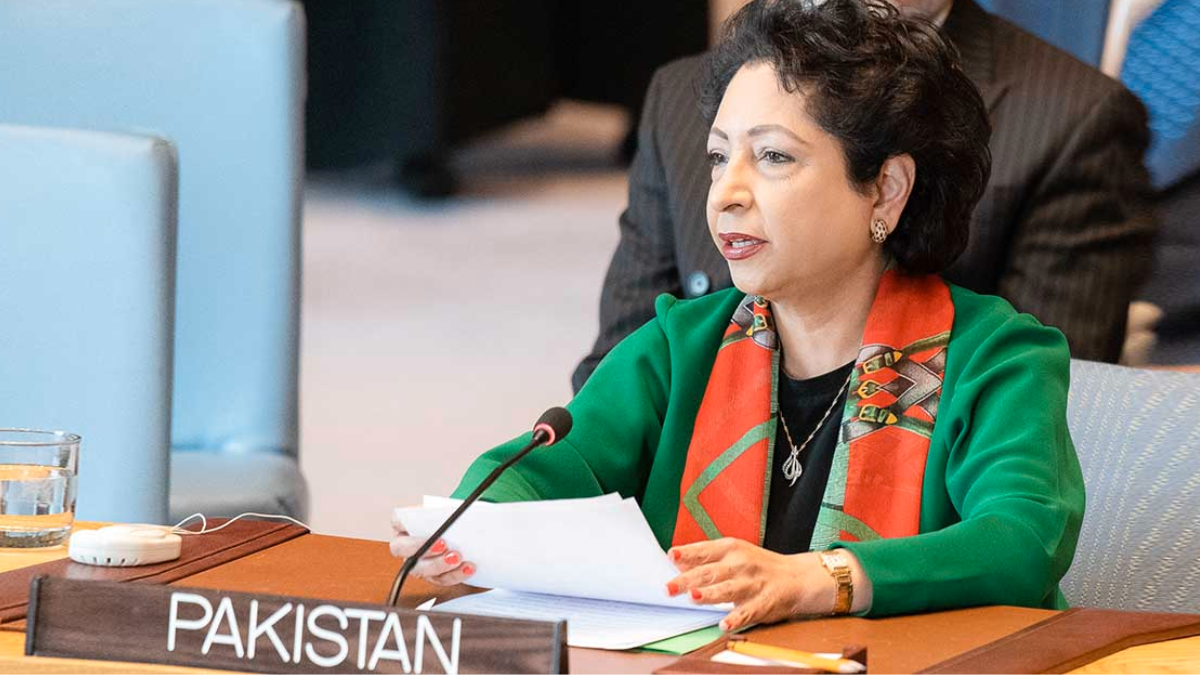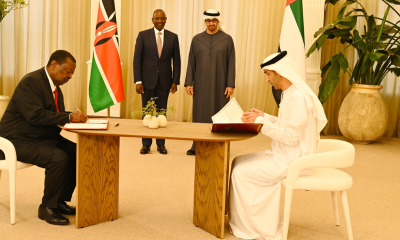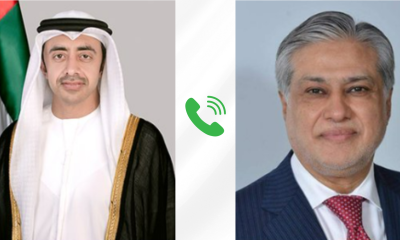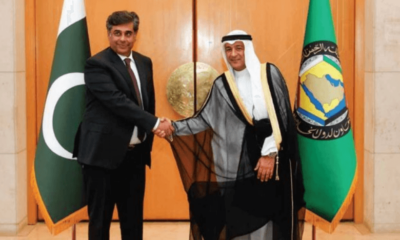As countries across the world shift alliances and prioritize their national interests, Pakistan needs to relook at its foreign policy. Overwhelmed by the floods and domestic political crisis, Islamabad has been isolated by geopolitical shifts in the Middle East.
This has sounded the alarm for Pakistan to adapt fast to the changes happening in the international environment, and undertake a broad review of the country’s foreign policy. Islamabad doesn’t have to change its objectives. It just has to adapt and adjust its policy to change and reshape the country’s strategy.
Maleeha Lodhi, former Permanent Representative of Pakistan to the United Nations, says a review will give an opportunity to Pakistan to evolve a strategy that matches the country’s goals to its diplomatic resources and international capital. She explained that aligning ends with means is the most fundamental prerequisite for a viable strategy.
Pakistan’s foreign policy, in recent years, has been a series of ad hoc responses to regional and global developments, rather than part of a well-considered, coherent approach. Islamabad took a reactive approach and lacks in initiatives. Lodhi believes a review will help to inject clarity in policy and encourage a proactive approach. “It will offer a chance to Pakistan’s diplomatic missions to make policy inputs. Usually, inputs are intermittently sought on single issues. It could generate new thinking to strengthen the country’s diplomatic efforts, which needs to be more imaginative and go beyond worn-out talking points.”
The diplomat said a review should help initiate a substantive conversation on these issues between civilian and military officials. It could encourage better coordination and enable the foreign ministry to persuade the army leadership to see it as the country’s first line of defense and competent to handle issues on which they have sometimes had little say in recent years.
Lodhi highlighted that Pakistan’s ties with the United States continue to be among the most critical bilateral relationships. “But relations have been at an inflection point since the U.S. military withdrawal from Afghanistan. For almost two decades, Afghanistan was the principal basis for relations, which were largely shorn by bilateral content and marked by both cooperation and mistrust.”
ALSO READ: What to expect as Japan’s Fumio Kishida Embarks on four-day Middle East Tour
She said stable ties with Afghanistan are Pakistan’s strategic compulsion. But the relationship has been under considerable stress despite the upsurge in trade. Islamabad expects the Taliban government in return would help Pakistan secure its western border, but this hasn’t been met. The Tehreek-i-Taliban Pakistan (TTP), which is based in Afghanistan, is creating havoc.
In regards to the Middle East, Lodhi believes regional reconciliation involving rapprochement between the Kingdom of Saudi Arabia and Iran offers Islamabad new diplomatic opportunities. “The next government should carefully examine how to leverage these to promote Pakistan’s political, economic and commercial goals.” She said it also opens space to improve relations and build greater trust with Iran.






















